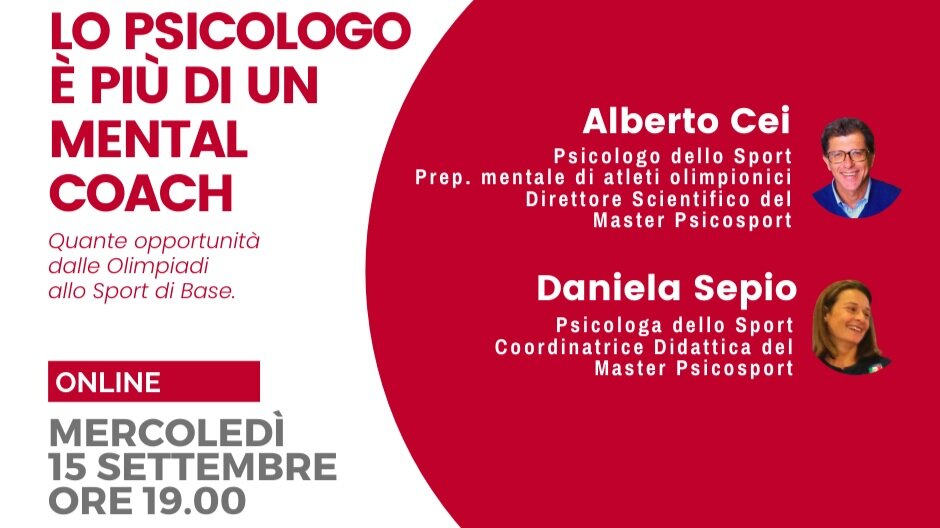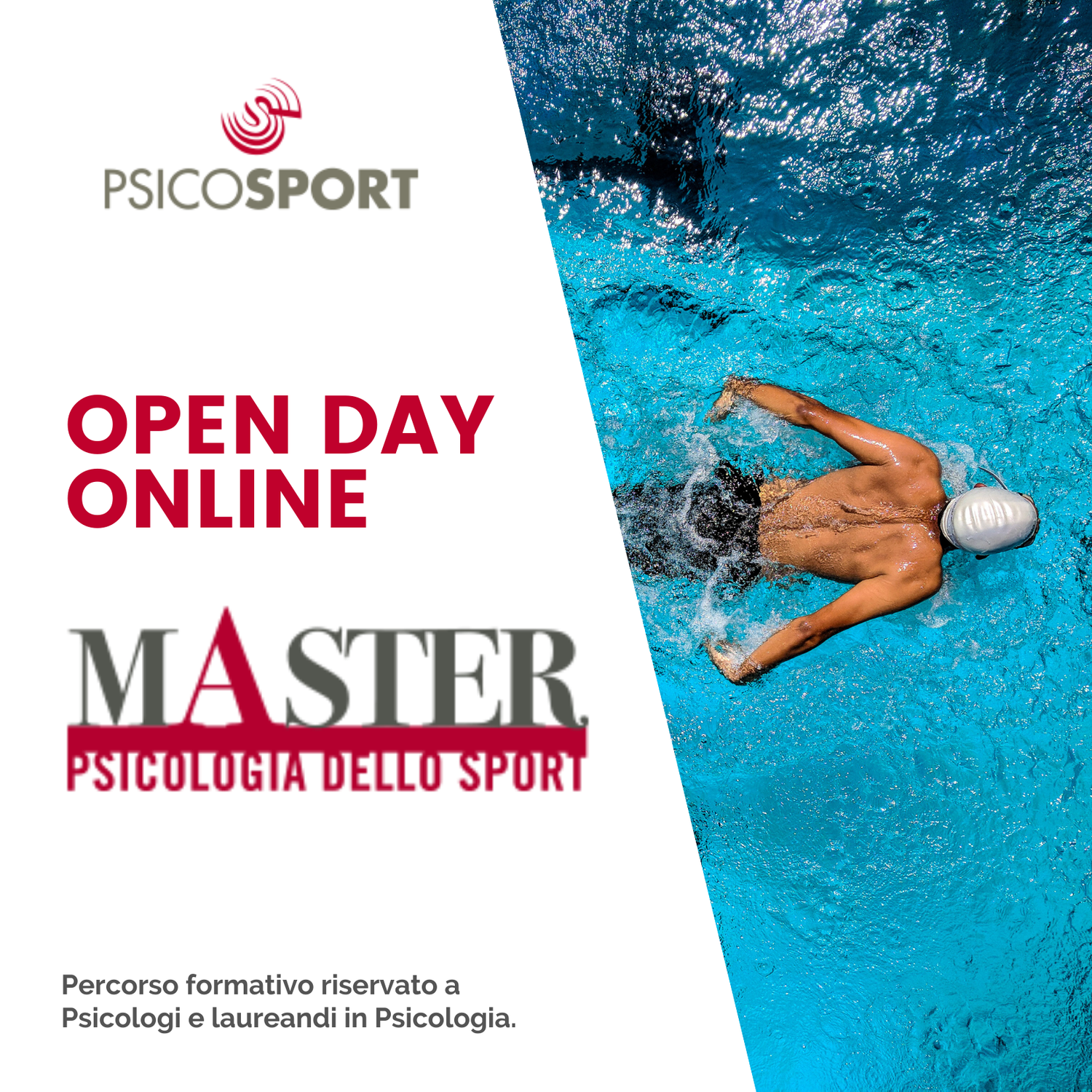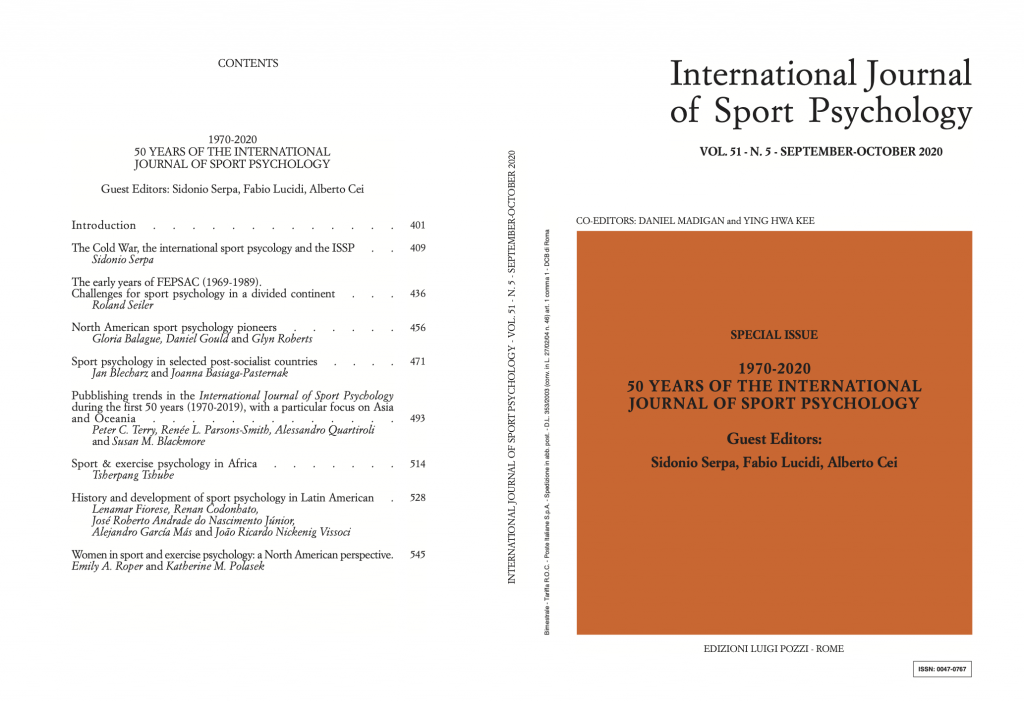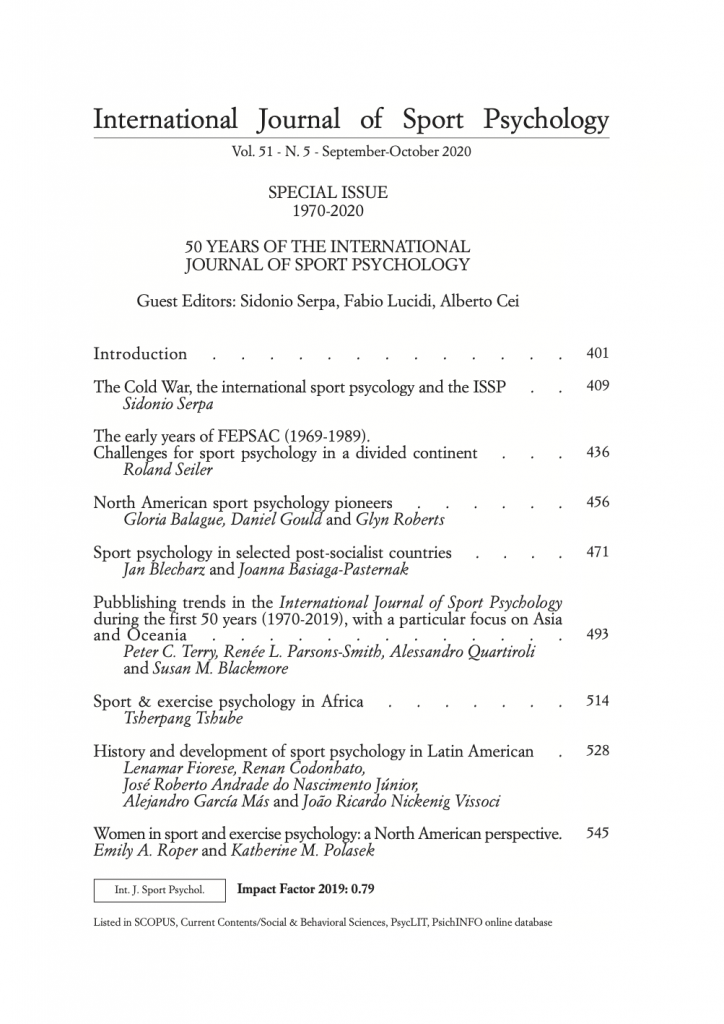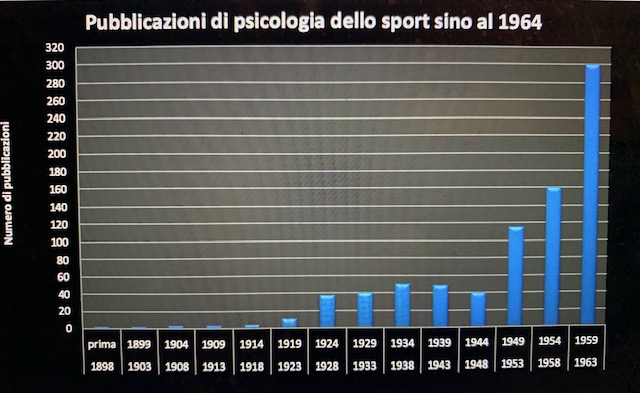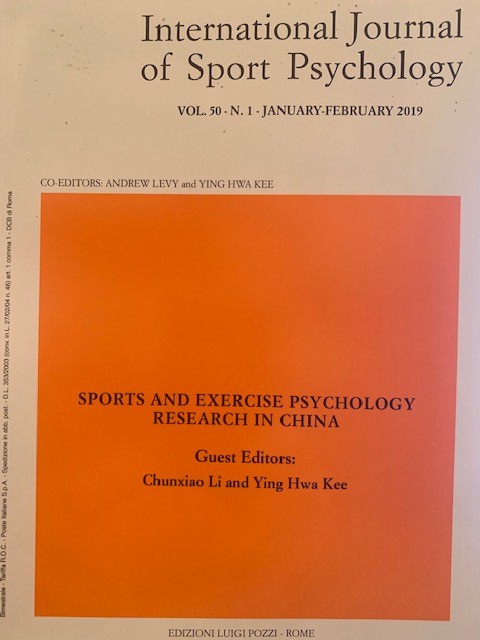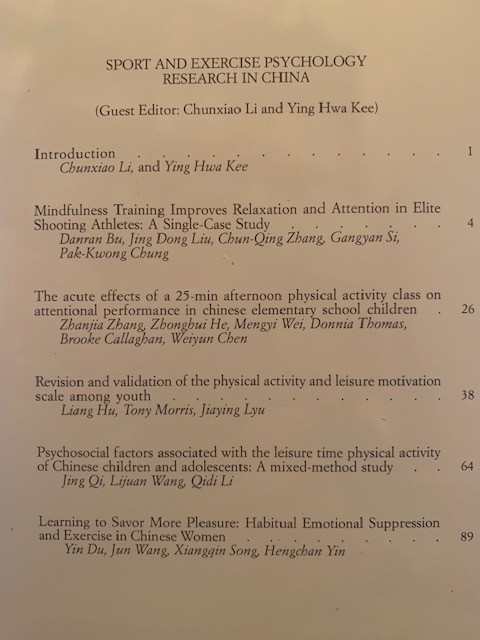Foundations of Sport and Exercise Psychology – Seventh Edition
Robert S. Weinberg and Daniel Gould
Human Kinetics, pp. 663
This updated publication of Foundations of Sport and Exercise Psychology,Seventh Edition, includes web study guide, with technique videos, expert interviews and interactive activities.
Since many years, this is the leading handbook in sport and exercise psychology, now is back in a revised version, introducing new topics and updating the classical fields of this discipline. In this way, this textbook continues to play its role toward students and practitioners, providing a global and specific vision of sport and exercise psychology and drawing a strong bridge between research data and applied interventions.
In the first part of the book, Robert Weinberg and Daniel Gould describe in this 7thEdition a broader horizon of this field, with a section dedicated to talk about the present and future, centered on counseling and clinical training, the ethics and competence issues, the tension between academic and applied sport psychology, the problems related to the limited full-time positions for applied sport psychologists, the globalization of sport and exercise psychology, the advancement in technology and sport psychology-business link.
There is also a new chapter, in the third part of the book, titled “Diversity and Inclusion” addressing topics related to gender, ethnicity, race, sexual orientation, and disability. New contents are introduced in different book part related to popular and emerging areas like grit, mindfulness, organizational sport psychology, and technology in sport psychology.
Modern-day practical examples and anecdotes have been choose to better illustrate the concepts. The references have been updated including more current publications.
The updated web study guide represents an important learning tool supporting the educational journey. It includes more than 100 engaging activities, allowing students to apply the concepts from the text by completing activities for each chapter:
- Use actual sport and exercise psychology instruments to assess their skills
- Determine how to respond to real-life scenarios (with short answers or essays)
- Review research studies and experiments
- Search the Internet for relevant information
- Apply and test their understanding of principles and concepts of sport and exercise psychology
Many of the study guide activities are completed by audio and video clips showing how sport psychology consultants interact and talk with athletes and coaches to improve their experiences and competences. These clips have been registered by esteemed experts from the field discussing concepts and situations they have encountered and managed during their careers.
